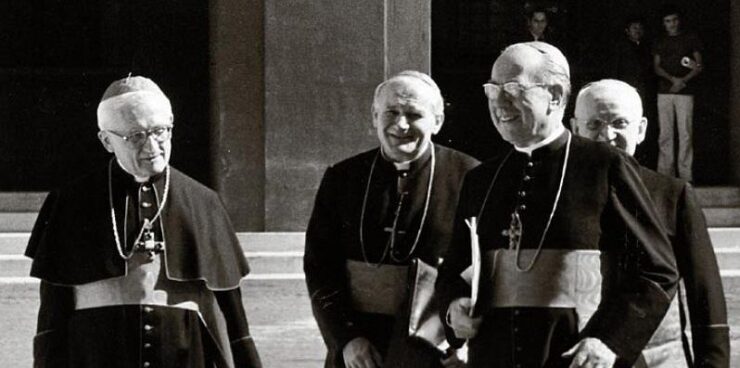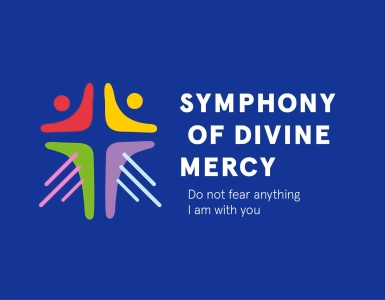Conclave began on the evening of October 14, 1978. The first day was marked by a confrontation between the followers of the Metropolitan of Genoa, Giuseppe Siri, and the Archbishop of Florence, Giovanni Benelli. Two Italians representing different trends (…). After the exclusion of both candidates, actually after their mutual elimination, already in the first two votes on October 16th, the Metropolitan of Krakow received many votes. The breakthrough occurred during the break, as Cardinal Luigi Ciappi later recounted. Wojtyla’s supporters gradually convinced other members of the College of Cardinals. Most likely Cardinal König was very committed to gradually obtaining votes for Karol Wojtyła. He had already interviewed Cardinal Stefan Wyszyński, convincing him of the correctness of this choice (Cardinal Wyszyński mistakenly understood that he was the candidate). Primate went to Karol Wojtyla’s cell to encourage him. And convince him to accept the choice. He repeated to him a question that in Quo Vadis by Sienkiewicz Jesus asks Peter who was fleeing Rome. Then, in a softer tone, he asked him not to refuse if he was elected. “The task of the new Pope will be to introduce the Church into the Third Millennium,” he added. The Metropolitan of Krakow returned to the Sistine Chapel more serene, although still restless. He was approached by a former friend, Cardinal Maximilian de Fϋrstenberg, rector of the Belgian College, and whispered the words repeated at the time of priestly ordination: “Deus adest et vicat te” – God is here and is calling you. During the eighth vote, the second consecutive on the memorable afternoon, Karol Wojtyła was probably elected by a majority of ninety-nine votes. With emotion and calm, he accepted the choice and chose the name of his predecessor.
With the consent of Cardinal Stanisław Dziwisz – “Testimony”.
TBA marketing communication Publishing House. Warsaw 2007





